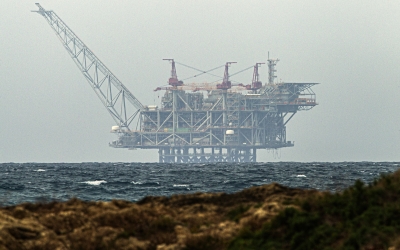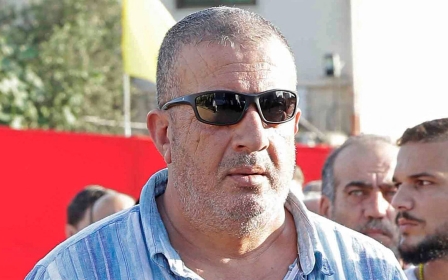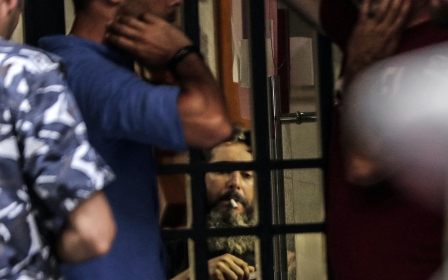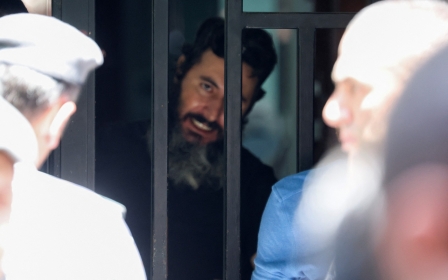Hezbollah chief says Israel maritime dispute separate from nuclear talks
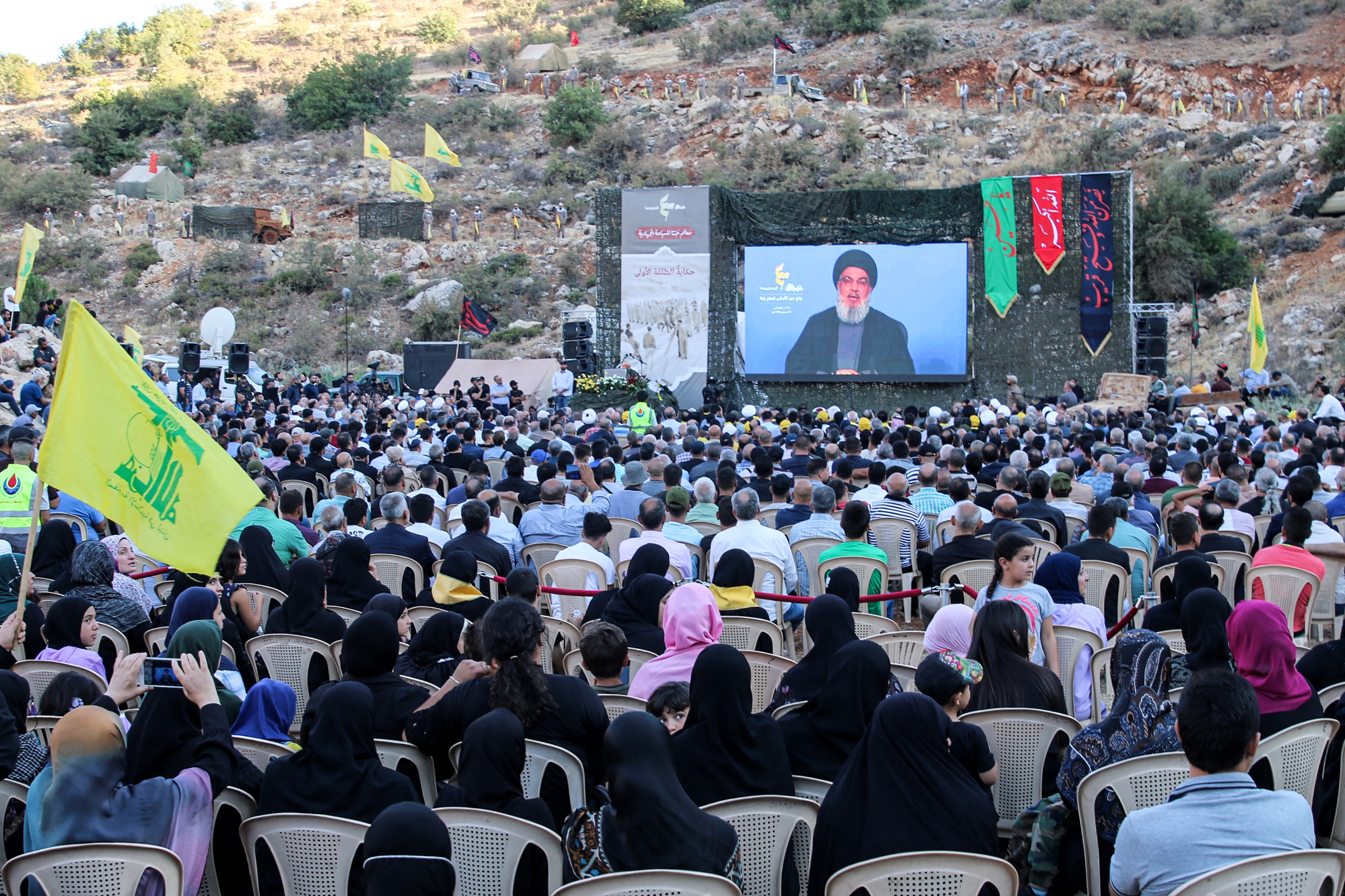
Hezbollah chief Hassan Nasrallah threatened an escalation with Israel on Friday over Eastern Mediterranean gas rights, regardless of efforts to defuse tensions via a nuclear deal with Iran.
"Whether a nuclear deal with Iran is signed or not, if the US mediator does not give Lebanon what it asked for in terms of its rights, we are heading towards an escalation - we are heading towards a problem," Nasrallah said.
Lebanon and Israel have been engaged in US-brokered talks to resolve a festering maritime dispute over the potentially gas-rich territory since 2020.
US energy envoy Amos Hochstein is expected to travel to the region in the coming weeks to continue meditation efforts that revolve around finding a compromise to a 855 sq km area of water that both Israel and Lebanon claim as their exclusive economic zone.
Tensions escalated earlier this summer after Israel sent a drilling ship into the disputed waters and Hezbollah launched three unarmed drones at the vessel, which were shot down by Israel.
Israel granted British-Greek company Energean the rights to develop the Karish gas field in 2016.
Karish was originally outside the area of dispute between Lebanon and Israel, but last year Beirut unveiled a new map expanding its maritime boundary to include part of the field.
Israel says it is ready to start production of the field in September. Hezbollah says any drilling in Karish before a maritime agreement is reached could provoke war.
"Lebanon's oil, gas and water resources must remain under its control and no one should be allowed to rob the country," Nasrallah warned earlier this month.
"The hand that reaches for any of this wealth will be severed," he said.
Lebanon's government has tried to tone down the risk of escalation from the Iran-aligned group, calling on the US to mediate.
Gridlock and corruption
In recent years, Israel has been developing its energy reserves in undisputed areas, and has become a net exporter of natural gas. Russia's invasion of Ukraine has sparked renewed interest in Eastern Mediterranean energy from countries such as Egypt and Israel.
However, Lebanon lags far behind its neighbours. Bidding on licences for oil and gas exploration even in undisputed waters has been hampered by political gridlock and corruption.
In June, the government extended the deadline for a second licensing round amid limited interest from energy companies.
Industry analysts say it could take six or seven years from the time Lebanon makes a gas discovery to when it is ready to produce and sell gas on the market, raising questions about whether it could benefit from renewed interest in gas following the conflict in Ukraine.
"Right now with the war in Ukraine, everybody wants Mediterranean gas - but this is very far ahead for Lebanon," Lebanese MP Neemat Frem told Middle East Eye in a July interview.
Middle East Eye delivers independent and unrivalled coverage and analysis of the Middle East, North Africa and beyond. To learn more about republishing this content and the associated fees, please fill out this form. More about MEE can be found here.


